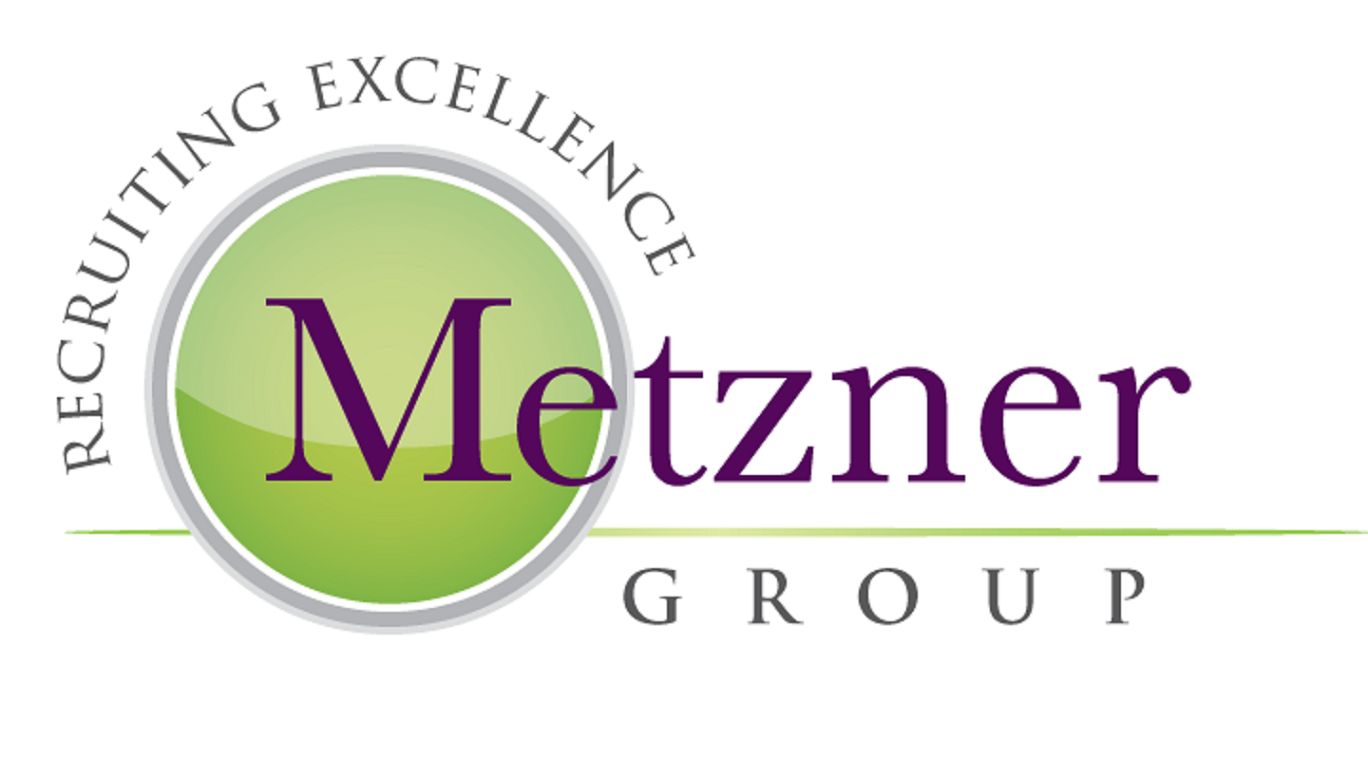Salary Compression: Engineers Penalized For Loyalty
Salary compression has several definitions. It can be described as a pay inequity when new employees receive salaries higher than those salaries being paid to the current employees in similar jobs. Whether at an Executive Vice President level or Project Manager role, it can be demotivating to an existing employee. As we all know, salaries are supposed to be confidential, but most people know what their colleagues take home.
One candidate who has been with his current firm for 20 years, told me he was rewarded for his loyalty with a much lower salary than a newly hired colleague. “I have warded off recruiter calls, direct invites from competitors at business meetings only to find out that new staff are receiving $10K more a year AND a signing bonus? I refuse to resort to threatening to leave to have the company equalize my pay.”
Pay inequity happens more than employers would like to admit and it is a difficult task to control. Engineering salaries continue to increase specifically for executives and those practice builders who can increase sales. New hires can only be recruited by offering them as much or more than existing senior professionals. Career employees with 20, 30 or more years of dedicated service often suffer the most under salary compression. Are they being penalized monetarily for their loyalty?
This is a nightmare topic for human resources executives. Many experts have written on this topic and even more human resources leaders have urged their CEO’s to address this issue. Here are some confidential comments from HR Execs on this topic:
“This phenomena is not unique to our industry. In my 30+ years across several industries, this is a very common dynamic across all professions and in all industries. My message to managers is to never try to go cheap when hiring someone because it will catch up to you quickly and you will not likely have the salary budget later to correct inequities.
We see it as a particular issue in our employees with shorter tenure as recent grads quickly are making more than those who graduated just a couple of years earlier. We programmatically review salaries of our young professionals each year to address compression issues.
All can see how free agency works in sports. Testing the market and going to the highest bidder is not difficult. The same applies to smart and capable professionals. The answer is to deal with the whole employment equation – provide competitive salaries, interesting and challenging work, in a good environment and you will be able to retain talent.”
“This is an ongoing issue, particularly within the oil and gas and mining sectors. We addressed this issue in a few ways; for long term key employees we instituted a deferred compensation program where they would vest over a three year period. Providing eligibility for stock grants was also put in place however this became an issue as well when hiring from other firms who had robust plans in place and expected to be compensated for what he/she may be leaving on the table. This is an ongoing challenge. The other reality is maintaining margins when increasing rates what is the appetite of the client? The other area where this occurs frequently is through the integration of acquisitions where there is potentially great inequity amongst the same roles and levels.”
“Unfortunately we see this all the time. Unless you are in the very top ranks, employees are needing move to a new company every 3-5 years to ensure their salary keeps pace with the cost of living. Staying at their current employer may offer a 2-3% merit increase or none at all. Taking the call from a recruiter and making the move to another firm, often results in a 10% or more increase. And in the current market, for highly sought after talent, the increase for engineering talent is warranted. Unfortunately, the loss to the company is far greater than paying a more substantial increase to keep top talent, cost to recruit, onboard, client relations, just to name a few.”
Have you experienced this yourself as an employee or manager? If so, how did you handle it?
The Metzner Group Blog




